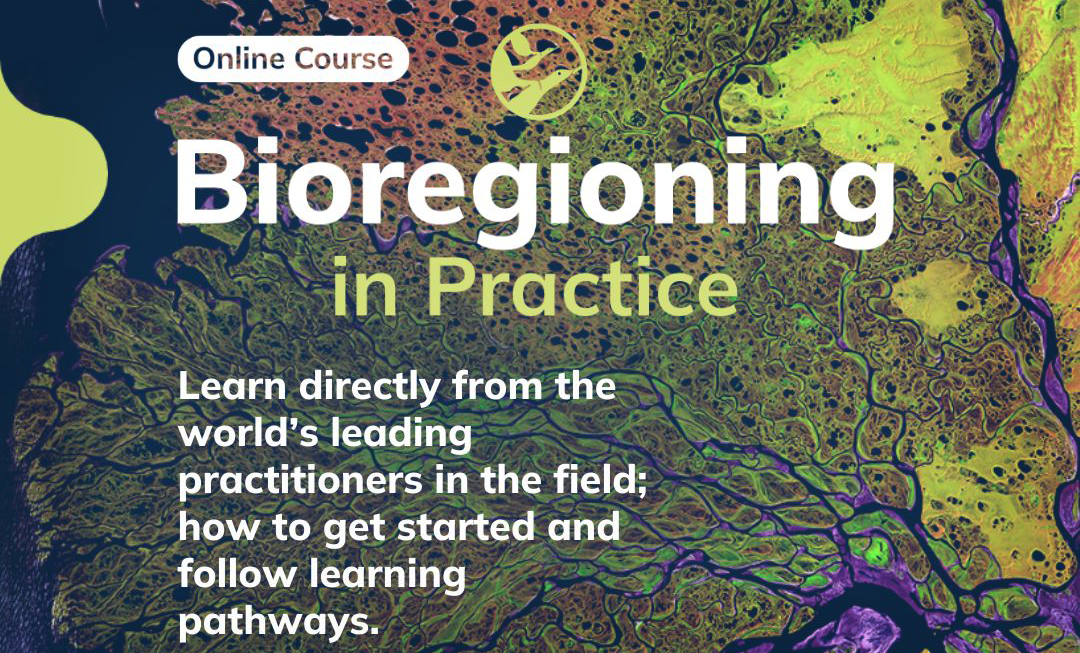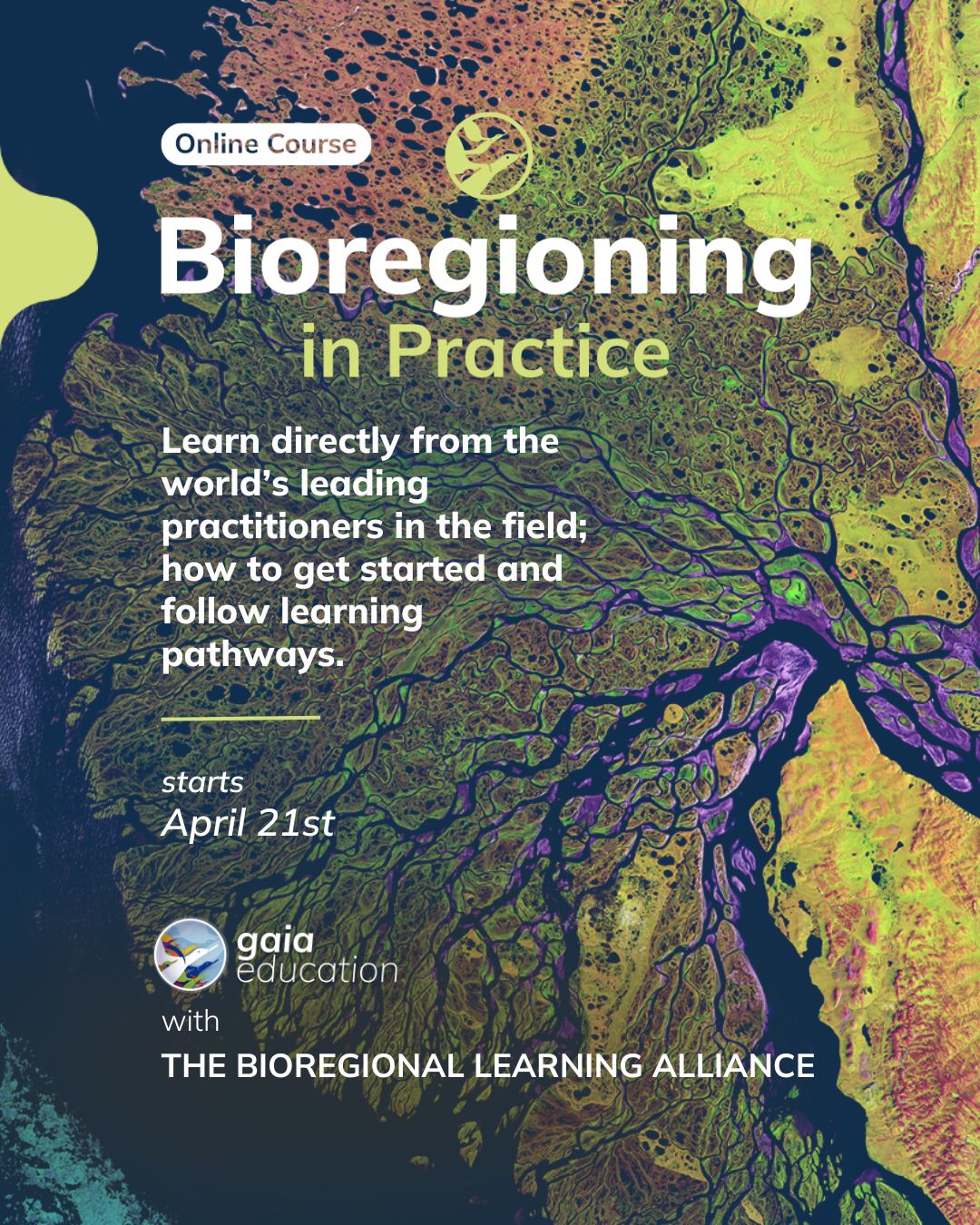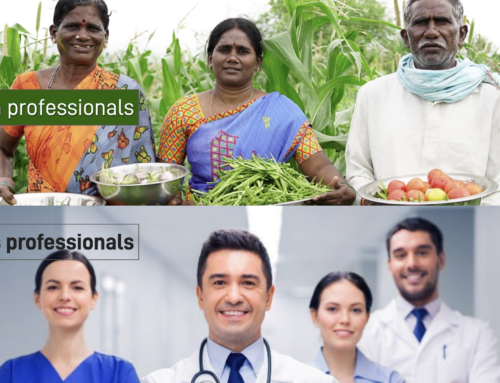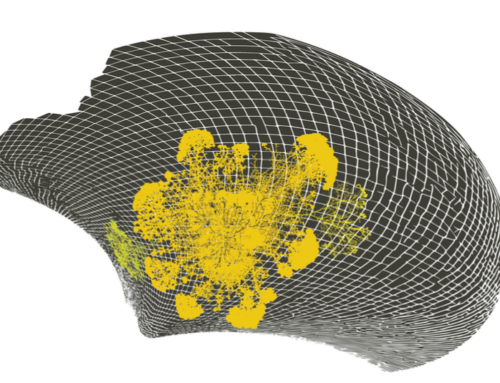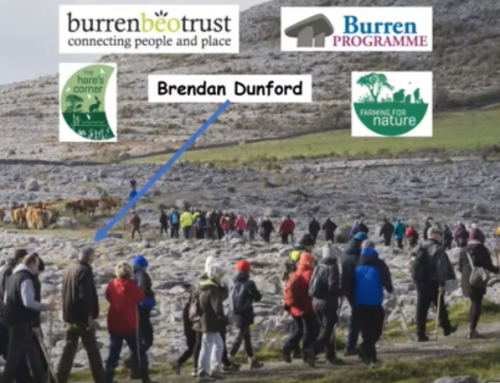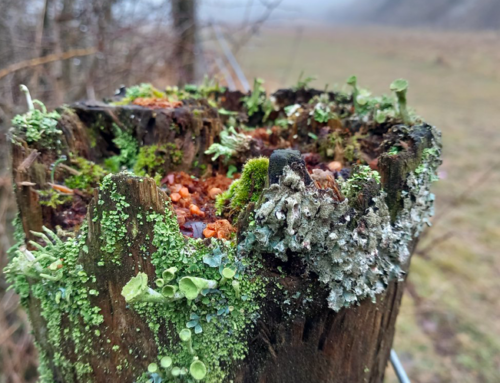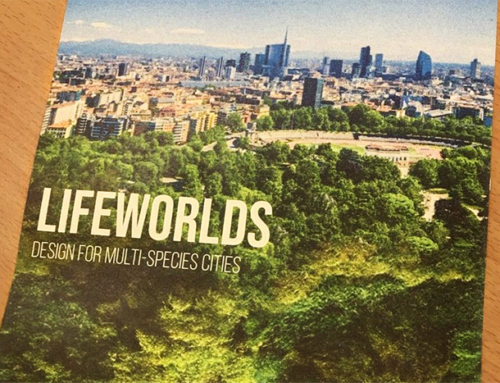On Tuesday 20 May I’m hosting a session (with Spanish translation) on the new Bioregioning In Practice online course. https://www.gaiaeducation.org/bioregioning-in-practice In my session we’ll discuss: Who is doing this work—and getting paid for it? What can we learn from them?
My interest in this practical question dates back ten years. In 2014, I spent a day in a small town of 2,000 people in Perthshire, Scotland, as the guest of Cateran Ecomuseum. https://thackara.com/urbanrural/the-good-work-in-urban-rural/ Our workshop gathered together:
a blacksmith; a book maker; a soldier turned master mead maker; an artist whose work explores how we interact with the ecology of the earth; a dry stone walls researcher; a curator of artist-led walks; a man who helps youth hostels reinvent themselves; a botanist who specialises in sphagnum moss; another artist who makes outfits that disguise you as a rock; a public arts funder; someone from a field studies centre where one can see the Clouded Drab (a rare moth);
a fiddler who organises traditional music festivals; a nurse who leads healing walks; a designer of natural golf courses; a raspberry farmer; an outdoor education provider; the tutor at a forest school; a felter and knitter; a breeder if ill-disciplined Hebridean sheep; a man who studies lumps and bumps in the landscape; a digital arts producer; a bare foot walker; a designer of water cleaning systems; a book festival organiser; and a countryside steward.
That eye-opening event in Scotland fed into a summer course in Sweden, called Back-To-The-Land-2.0 https://thackara.com/portfolio-items/back-to-the-land-2-0-with-konstfack-sweden/ that I helped to lead with Konstfack. from 2015 to 2022. During those years we encountered individuals involved in Edible Food Forests, Soil Care Workshops, and Cooperative Grain Networks. We supported a chef’s campaign to Rediscover the Swedish Grey Pea. We learned from the founder of a Food Waste Lab, and ran workshops on Non-Timber Forest Experiences. We learned about School-Farm Biocantines and met people involved in Care Farming. We met people from Folk High Schools and observed the emergence of Alternative Trade Networks. We heard from people busy with Community Energy and Community WiFi.
Our curiosity then shifted to southern Europe where, in 2019, together with Casa Netural, we convened a European Social Food Forum. https://thackara.com/handouts/social-food-green-paper/ The ‘social food producers’ who came included pioneers in Urban Gardens in Madrid; a Sustainable Food Lab in Gothenberg; an Edible Food Forest in Amsterdam; Salt, Rice and Sunflower re-use in the Camargiue bioregion; a Social Kitchen in Matera; a Cooperative Flour Network in Bari; a rural soundscapes curator from Napoli; the founder of an Italy-wide Seed Saving Network; and the host of a Young Farmers Network in Lombardia.
Later that year, in Shanghai, we curated a large-scale ‘social harvest festival’ in Shanghai called Urban-Rural. https://thackara.com/about/urbanruralprojects/ Among more than 100 real-world projects invited to participate were people involved in Farm Hack Camps; Coders in the Countryside; Learning Farms (of which China has 7,000); Farmer Live Streaming; Nature Reconnection Tourism; Ecological Restoration Camps; a Fermentation Lab; examples of Watershed Restoration and River Restoration with Plants; Ecomuseums; and Forest Schools.
Finally, in 2023, to complete my back story, and working again with Casa Netural, a European consortium completed the pilot of an Open School for Village Hosts (OSVH) https://www.villagehosts.eu/stories/– the prototype of a platform for people who bring new social, economic and ecological life to small villages and their local economy. The first OSVH cohort included people dedicated to these diverse projects:
a Village of Water Wheels in Serbia, a River Keeper Alliance in Portugal; a Womens Wellbeing House in Serbia; a Beekeper Mentoring platform, also in Serbia; an organiser of Biodiversity Learning Walks inLatvia; the founder of a Manor House for Teenagers in Italy; an activist from a market town in transition France; the curator of Living Ceramics Museum in Spain; the convenor of Building Reuse Residency in Portugal; the host of Biodesign Residencies in France;
the manager of a Scattered Hotel in Serbia; the curator of a Monument Village in Montenegro; the host of Fermentation Residencies in Serbia; the manager of a Nature Education Farm in Poland; someone restoring a Wetlands Manor House in Latvia; the founder of of Forest Coliving association in Sweden; the curator of a Chivalric Romantic Ecomuseum in Poland; the organiser of Nomadic Art Residencies in Italy; the village host of a Resilient Forest Parish in Latvia.
What have all these activities got to do with Bioregioning In Practice? https://www.gaiaeducation.org/bioregioning-in-practice Well, our starting point is that many funded activities already align with bioregional values and principles, even if they go by different names. And without pretending that these projects have been easy to get funded – the opposite is mjore the case – the fact remains that big budgets do exist around the world for regional or rural development, ecological restoration, natural farming, food system transformation, or landscape design. The focus of our session on 20 May will be the potential for bioregional jobs and work to be funded, even if the language ends up being different.
